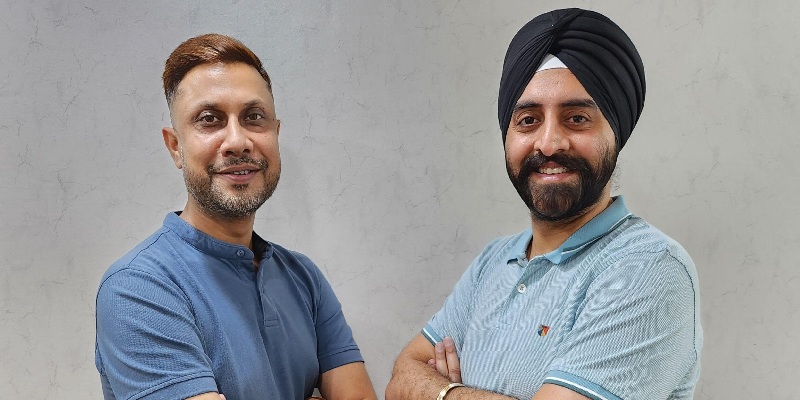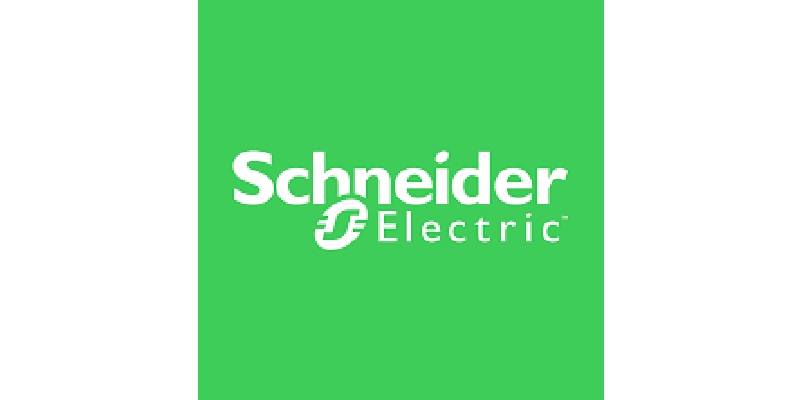Schedule a Call Back
“Industry 4.0 is inevitableâ€Â
 Interviews
Interviews- Apr 01,19

One of the major concerns in the industry today is to convince people to adapt energy efficient technology. According to Palaniswamy PL, Director, Sales, Marketing & Services, Danfoss Drives, India is a very value-for-money concept country. So when a technology is brought, it also brings with it a certain cost. In this interview with IPF’s Neellohit Banerjee, he suggests changing people’s mindset and encouraging them to look at the total lifecycle cost can tackle this challenge.
Can you start by giving us a brief about your company?
Danfoss is a Danish multinational company, founded in 1933, and it is an 85-year old company. We have our presence in 100 plus countries with 68 factories. We have around 25,000 employees across the globe. We have four business segments, namely power solutions, cooling, drives and heating which are the four verticals which we operate. Though a family-owned company, it is run by professionals and engineers across the globe. Over 4.5 per cent of our revenue is invested in R&D and innovation. We as an organisation, believe in the future of tomorrow, and believe in the potential for digitalisation, electrification, climate and food supply to drive the growth of Tomorrow’s World. We also spend 3 per cent of our revenue in digitalisation. Danfoss’ chief focus is on innovation – on creating a better tomorrow, riding on the back of the four focus areas mentioned above.
What are the different industries that Danfoss is serving?
Danfoss power solutions is primarily into the hydraulic component segment. Next comes the cooling products, where we have components related to air conditioning, such as chillers, coolers, chiller compressors, among others. We have a high-end technology product called turbo core chiller. The third division is that of the drives including variable frequency drives, where we hold market leadership in India, and the fourth is of heating products, which are mainly used in commercial buildings. Some of these include automotive, commercial and residential buildings, food and beverage industry, marine and offshore, refrigeration and air conditioning, water and waste-water management, cement, sugar, textiles, among others. Danfoss has a presence in all the smallest of essentials that we use in everyday life. The solutions we are creating in India is more energy-efficient, creates less pollution and are environment-friendly too.
Danfoss has completed 20 years of operation in India. How big an achievement is this for the company?
If you look at the journey, we started with a very humble beginning. In this 20-year journey, as an organisation, we have grown in sales and we have grown in number of headcount at least by 10 times. Today we have an impressive footprint all over India, where we have built a customer-base. We have reached 40-plus cities in India, and currently have three factories in Pune, Chennai and Baroda.
Can you tell us about how Danfoss is serving the automotive industry?
When we talk about the automotive industry, it is primarily about electrification for us. Here, if we see, there are a lot of things happening in terms of tractors, hydraulic equipment, etc., and these areas are being covered by electrification. It is moving from the simple mechanical and conventional systems to electrically driven systems, and also connected products and services which are cutting across to create a value.
Tell us about your other solutions.
Automotive industry is just one of the components where we supply, but if we look at the entire Danfoss structure, we are addressing each and every industry such as metal, cement, paper, chemical, oil and gas, etc. If the overall offerings of Danfoss are looked at, we have gained market share and are market leaders in most of the industries in which we operate. In the commercial buildings segment, we cover airports and metros as well. Metros across India are powered by our drives and heating and cooling components.
Is ‘Make in India’ playing a role in pushing localisation?
Right now, we are focusing on the Make in India intiative. Today, we are working on how much we can localise the products, so that we can manufacture 100 per cent localised products through India. In some of the products, we have already reached 50-60 per cent localisation, and our target is to reach 70 per cent localisation in three years.
How big a role will Industry 4.0 play to bring about technological changes?
Industy 4.0 is very important across industries. But when it comes to sub-segments, for instance commercial buildings, there are different stages for Industry 4.0, and it is too early for us to conclude how it will pan out. But Industry 4.0 is inevitable. There are a lot of data points that we are collecting today, but we want to understand the use of these data points, and how it measures the decisions we take based on the data is something which every industry is working upon right now. For example, today when we consume a lot of energy, or when we are producing a lot in terms of volumes, or if there is a lot of downtime, the availability of data is critical to how companies make informed decisions for the future. The question is how to use the data. What to do with the data, how to make the products energy-efficient and how to interconnect them, that is the journey that everyone is undergoing currently.
What is the role that automation is playing today?
This is something which we have already started working on, and in one area the assembly of our products is done through robotics. The design concept feature of our products is in such a way that they can be assembled by robots as well as human beings. We also have 3D simulation. This is something which is happening and Danfoss is actively involved and working toward a smart factory.
Is sustainability a challenge today or is the industry more prepared than before to provide sustainable solutions?
We not only work on our own products to improve energy-efficiency, but even our organisation and factories have a target globally of 50 per cent energy reduction in our factories. We have already achieved 43 per cent of our target. We are not only giving an energy-efficiency focus to our customers, but also follow the same agenda in our factories across the globe. In India, we have a factory in Chennai which is an LEED platinum-rated building – the first such factory in India. In the last quarter of 2018, we have moved to 100 per cent green energy, i.e everything is done with the help of renewable energy. We have an in-house solar unit which generates 1.25 MW, and the factory is also a zero-liquid discharge plant, which takes care of the environment as well.
What according to you are the major obstacles currently? And how can they be overcome?
The biggest concern is to convince people to adapt energy efficient technology. India is a very value-for-money concept country. So when a technology is brought, it also brings with it a certain cost. So we are planning to change the mindset from Capex to Opex, and encourage customers to look at the total lifecycle cost. We also have a strong aftermarket team which is working to create awareness among the customers about how to look at the total investment as lifecylce cost and to get a better RoI.
Related Stories
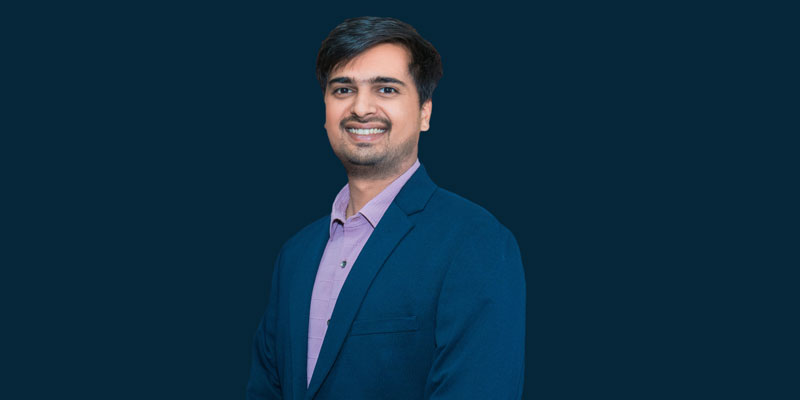
Taypro aims to be a performance-driven automation provider: Yogesh Kudale
Yogesh Kudale, Co-Founder & CEO, Taypro explains how AI-led, waterless robotic cleaning is improving solar plant performance ratios, reducing soiling losses, and reshaping O&M economics across utili..
Read more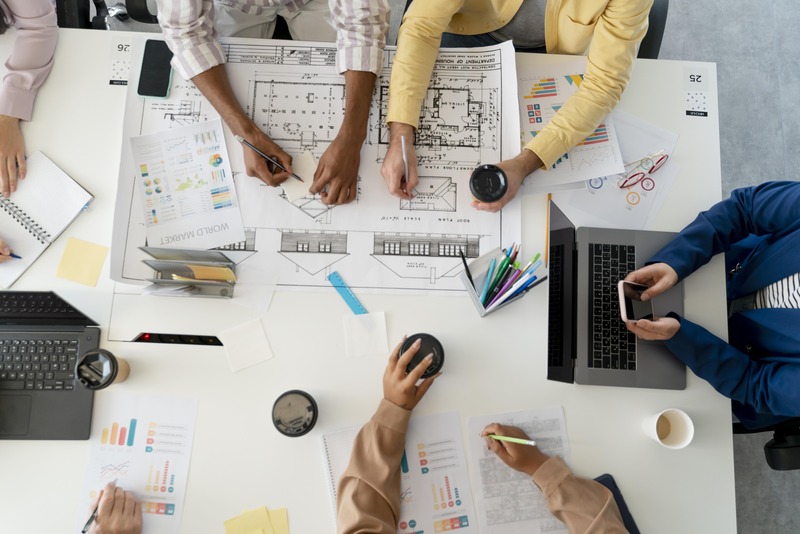
Project execution in a VUCA world: Mitigating cost and time escalation
Projects today must succeed despite uncertainty, not in the absence of it. Project execution now demands resilience, digital intelligence and lifecycle integration to control cost and schedule risks..
Read more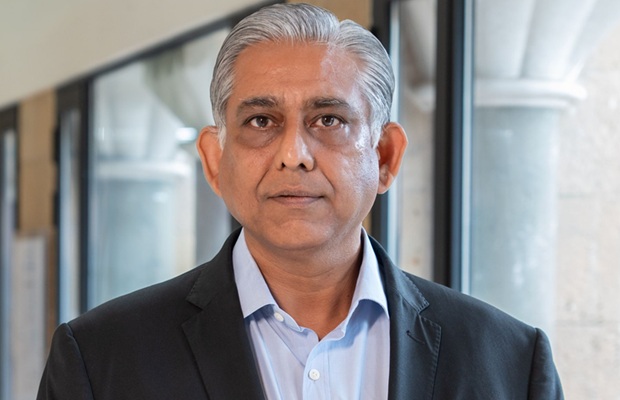
Engineering India’s Next Phase of Growth with Responsibility: Amit Sharma
Amit Sharma, MD and CEO, Tata Consulting Engineers (TCE), outlines TCE's strategy to support India’s next phase of industrial growth through integrated engineering, nuclear and digital capabilitie..
Read moreRelated Products
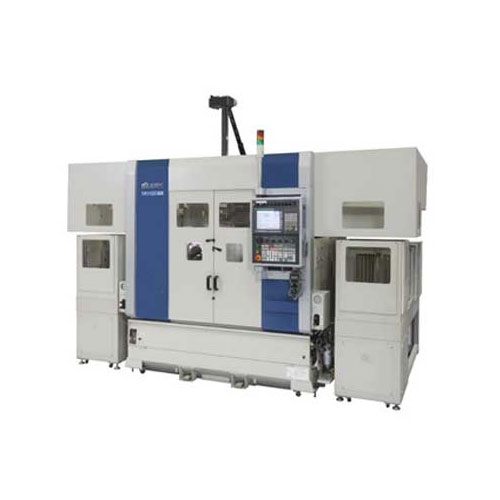
Compact Fmc - Motorum 3048tg With Fs2512
Meiban Engineering Technologies Pvt Ltd offers a wide range of Compact FMC - Motorum 3048TG with FS2512.

Digital Colony Counter
Rising Sun Enterprises supplies digital colony counter.
Robotic Welding SPM
Primo Automation Systems Pvt. Ltd. manufactures, supplies and exports robotic welding SPM.






